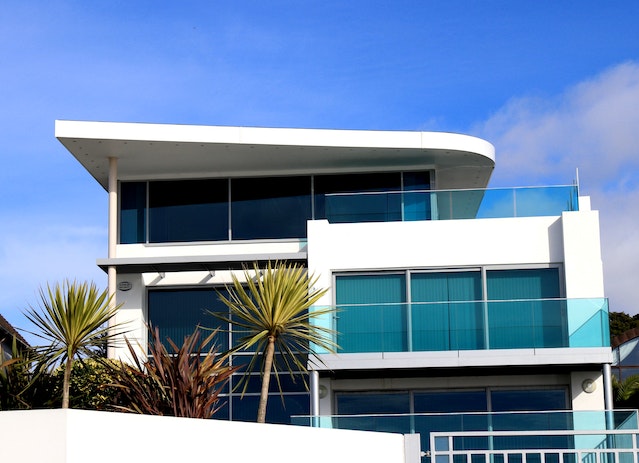
As a condo or homeowner association board member, you have a lot of responsibilities. You need to maintain the common areas, enforce rules, collect dues, and manage your budget. Importantly, you also need to protect your HOA from liability risks. Liability risks are events or situations that can result in legal claims against your homeowner association. These can include injuries, property damage, negligence, defamation, discrimination, and more. If your homeowner association is sued, you could face costly legal fees, settlements, and judgments. Not to mention the damage to your reputation and community morale. Fortunately, there are ways to reduce your liability exposure and protect your HOA from potential lawsuits. Read on and reach out to the seasoned Florida condo and homeowner association attorneys here at Ansbacher Law to learn more about protecting your homeowner association from liability risks.
Six Tips for Protecting Your Homeowner Association from Liability Risks
Some of the ways you can best protect your homeowner association are as follows:
- Get adequate insurance coverage. One of the most important steps you can take is to purchase a comprehensive HOA insurance policy that covers both property and liability risks. Your policy should include general liability, directors and officers liability, property damage, workers’ compensation, fidelity bond, and umbrella coverage. You should also review your policy regularly and update it as needed to reflect any changes in your HOA or state laws.
- Follow your governing documents. Your HOA’s governing documents, such as the declaration, bylaws, and rules and regulations, are the foundation of your association. They outline your rights and responsibilities as well as those of your members. By following them consistently and fairly, you can avoid disputes and conflicts that could lead to legal action. You should also make sure that your documents comply with federal, state, and local laws and regulations.
- Communicate effectively with your members. Communication is key to building trust and goodwill with your members. You should keep them informed of any important issues or decisions affecting the HOA, such as maintenance projects, budget changes, rule amendments, or legal matters. You should also provide them with opportunities to voice their opinions and concerns, such as through surveys, newsletters, meetings, or social media platforms.
- Maintain your common areas. Your common areas are the shared spaces and amenities that your members enjoy and pay for. They include things like pools, playgrounds, clubhouses, sidewalks, landscaping, and more. By keeping them in good condition and repairing any hazards or defects promptly, you can prevent injuries and property damage that could result in liability claims.
- Hire qualified professionals. When you need to hire contractors, vendors, or service providers for your HOA, you should do your due diligence and choose qualified professionals who are licensed, insured, and bonded. You should also supervise their work and performance regularly to ensure quality and safety standards.
- Seek legal advice when necessary. Sometimes, despite your best efforts, you may encounter complex or sensitive issues that require legal expertise. For example, you may face a lawsuit from a member or a third party; you may need to amend your governing documents; or you may need to deal with a foreclosure or bankruptcy situation. In these cases, you should consult with an experienced condo & homeowner association lawyer who can advise you on your rights and obligations and represent you in court if needed.
If you have any questions or need legal assistance with any condo or homeowner association issue in Jacksonville or anywhere in South Florida, simply contact Ansbacher Law today. We are here to assess your case, and, from there, develop a strategy tailored to your needs.

